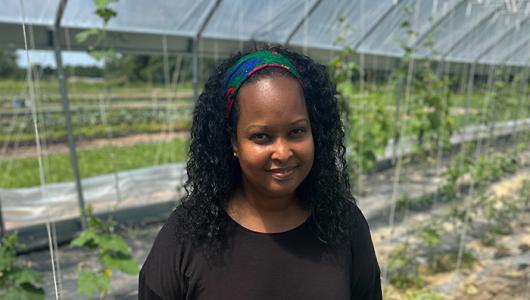This Friday meet Annie Bianchi, a walnut producer in Los Molinos, California. The Bianchi family has had a long and successful career in farming in California. In 1976, Annie and her husband, Ray, made a big move from Central to Northern California to start a family farm. The Bianchis wanted to live where they could raise their kids in the country and where time doesn’t move too fast.
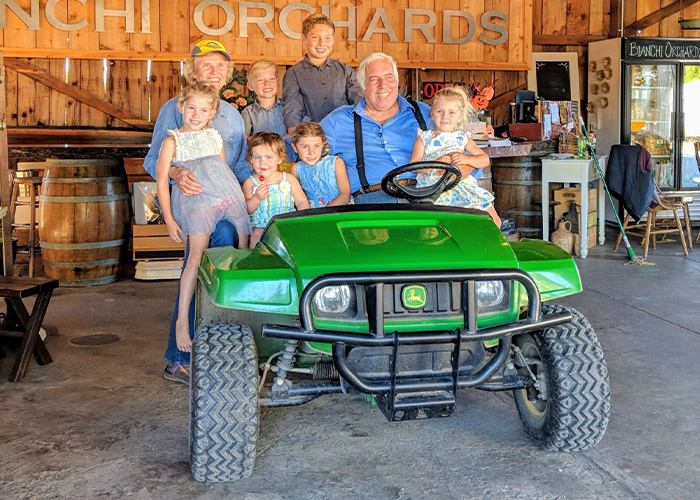
What started as a small family farm with 22 acres has grown into an 80-acre multi-generational Chandler walnut farm. Annie and Ray’s adult children are involved in the operation, along with their 11 grandchildren who love to help harvest the walnuts.
Building Success
In the late 70s, Annie and Ray’s operation was stretched thin financially but assistance from their local USDA Farm Service Agency (FSA) helped propel them towards success.
They desperately needed to replace their 1923 tractor but could not get a loan through their commercial bank. Annie reached out to USDA to obtain an FSA operating loan, which can be used to purchase livestock, seed and equipment. FSA loans can also cover farm operating costs and family living expenses.
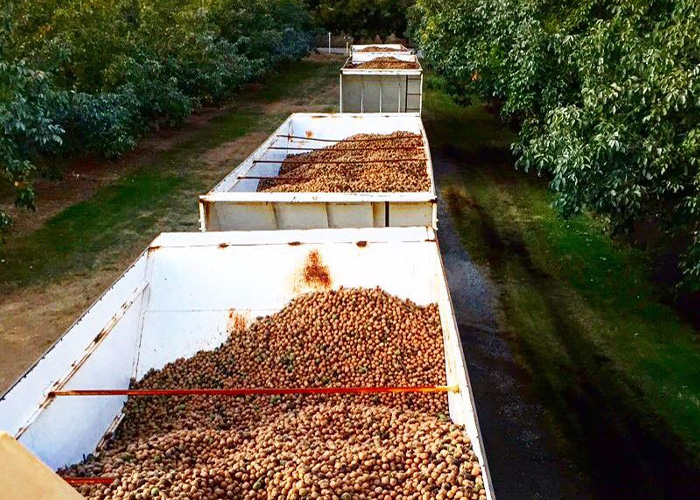
Through farm loans, FSA helps farmers, ranchers, and forest landowners with affordable access to credit needed to succeed. Whether you’re a new farmer just getting started or a seasoned agricultural producer in business for decades, FSA has agriculture loan options to help producers meet your goals.
“We would have never been able to farm without that loan,” Annie said.
Growing the Operation
Over the years, the Bianchis expanded and improved their operation with additional FSA loans, including farm ownership loans. Eventually, their success gave them the stability to graduate from FSA loans to commercial loans.
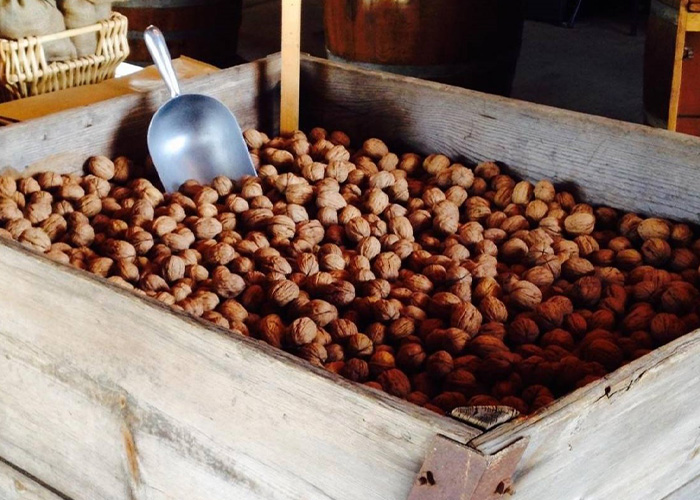
In addition to farm loans, FSA’s supplemental programs, like the Emergency Relief Program and Marketing Assistance for Specialty Crops, helped offset revenue losses due to low market prices for their specialty crops and natural disasters.
“FSA really helped us to keep farming,” said Annie. “They continue to do so with other programs that have really helped us out.”
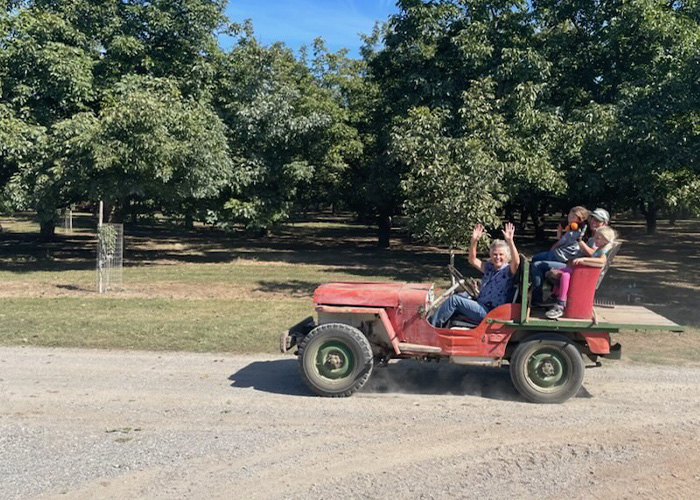
More Information
Visit local farms, ranches, forests, and resource areas through our Fridays on the Farm stories. Meet farmers, producers, and landowners who are working to improve their operations with USDA programs.
USDA offers a variety of risk management, disaster assistance, loan, and conservation programs to help producers weather ups and downs in the market, recover from natural disasters, and invest in improvements to their operations. Learn about additional programs.
For more information about USDA programs and services, contact your local USDA service center.
Brooke Raffaele is the communications coordinator for FSA in California.


